Jewish leaders take on hate clerics amid government, law enforcement inaction
Radical hate preachers face being hauled in front of the nation’s courts and human rights tribunals in a new legal push by Australia’s peak Jewish body.
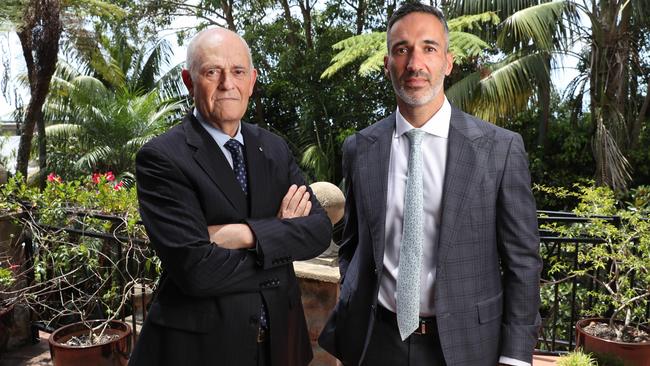
Radical hate preachers face being hauled in front of the nation’s courts and human rights tribunals in a new legal push by Jewish leaders, who said they can no longer rely on governments and police to prosecute against anti-Semitism.
It comes as two Sydney clerics called Jewish people “monsters” and “descendants of pigs and monkeys” – but police have been unable to charge either over the diatribes.
The Executive Council of Australian Jewry, Australia’s peak Jewish body, said it would take legal action against some of the clerics and their sermons, given an apparent inability to lay charges on – or put a stop to – the hate-fuelled rhetoric.
The council’s co-chief executive, Alex Ryvchin, said that the organisation and Jewish community were “not going to wait”.
“Our history shows us again and again that when preachers and clerics use their platforms to incite against us, lives are lost,” he said.
“We’re not going to wait for that to happen.”
In the past, the ECAJ has brought similar cases to the Australian Human Rights Commission and Federal Court under section IIA and 18C of the Racial Discrimination Act, which outlaws racial or ethnic hatred – including insulting, offending, intimidating and humiliating on those grounds.
The Australian understands that this was one possibility being actively considered by the body – but that all legal options remained open – and the ECAJ would soon announce what specific legal path it had chosen to pursue.
“We have called for those who hold positions of influence to denounce anti-Semitism as un-Islamic and un-Australian, and governments to combat this peril through the law and education,” Mr Ryvchin said.

The Australian has previously revealed the slew of anti-Semitic sermons across Sydney’s southwest and that investigations into some of the clerics’ comments had been dropped by police, given it hadn’t breached the criminality threshold.
The ECAJ president Daniel Aghion said that the body hoped that taking legal action would “discourage” further anti-Semitic behaviour, and “support Australia’s future as a peaceful and cohesive society”.
“Although we still have hope that the authorities will act, our organisation will pursue the legal remedies that are available to us against those who have preached hate and promoted violence,” he said.
“We must protect our own community. In doing so, we will be protecting all Australians from racist behaviour.”
Mr Aghion revealed that the Jewish community was “disappointed and distressed” that no action had been taken on the “grossly anti-Semitic sermons”.
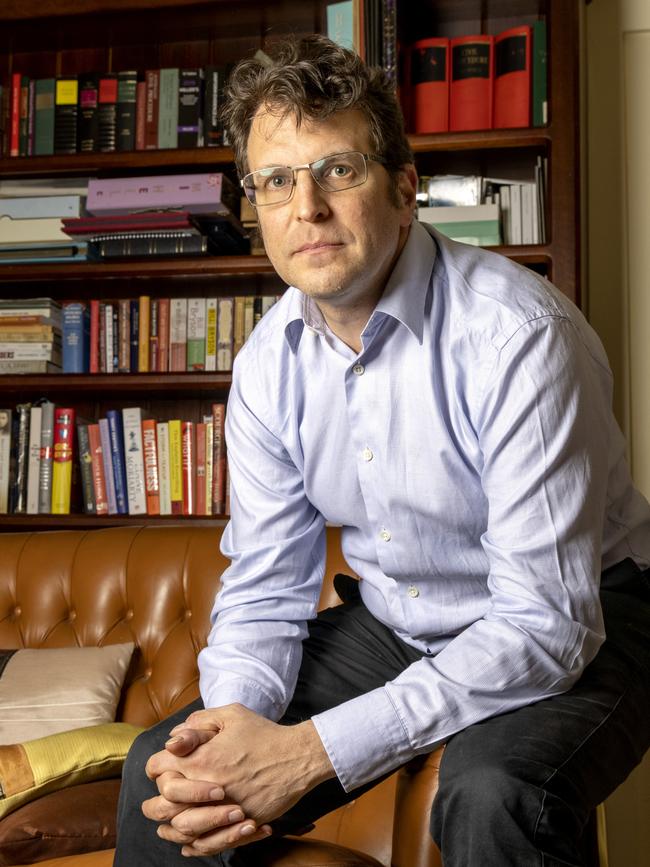
“If existing laws are not fit for the purpose of dealing with this hate-filled bile, and the stoking of violence, then the law should be reformed as a matter of urgency,” he said.
“One can only imagine the entirely justifiable outcry if any such rank vilification were expressed from a Synagogue pulpit about Muslims.”
The Australian revealed how Attorney-General Mark Dreyfus could include hate speech provisions in Labor’s new religious discrimination bill, which would make it illegal to ridicule someone for their faith.
Although the ECAJ’s legal route is likely to go down the federal path, state-based criminal and civil protections against hate speech do exist and remain an option for Jewish leaders.
Writing in The Australian on Monday, the body’s other co-CEO, Peter Wertheim, says the Jewish community – and the ECAJ’s attempt to force action – was “society’s litmus test”.
“... Governments have struggled to adapt to the new reality – laws that were assumed to protect us from incitement to violence or vilification on the basis of race and religion have been shown to be unfit for purpose,” he writes.
“The Jewish community itself has been left with no alternative but to take legal action – and we will. Somebody has to stand up to the hatemongers.”
The ECAJ has had success at the AHRC before.
In 2000, it successfully brought a case to the commission, who determined that high-profile Holocaust denialist Fredrick Töben had contravened the Racial Discrimination Act by publishing material online that racially vilified Jewish people.
The Federal Court in 2002 upheld the AHRC determinations. Mr Wertheim was the solicitor for the body in the case.
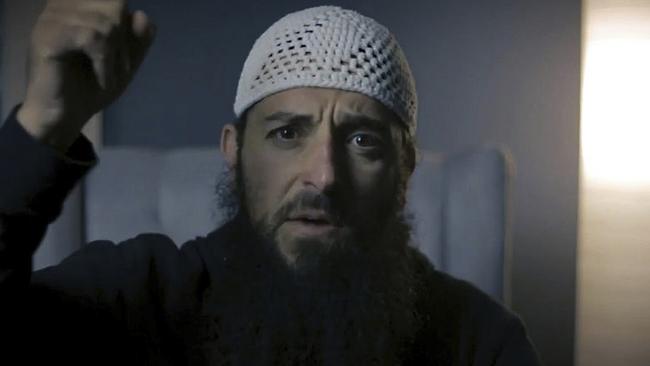
The Australian understands discussions remain ongoing about which specific sermons and clerics the ECAJ felt forced to take action against.
This publication has revealed how three clerics at Bankstown’s Al Madina Dawah Centre – Abu Ousayd, “Brother Ismail” and “Brother Muhammad” – gave sermons calling for jihad, recited parables about killing Jews, called them “descendants of pigs and monkeys”, peddled anti-Semitic tropes, called for the establishment of a Muslim army to fight the West, and urged people to spit on Israel “so Jews would drown”.
Both state and federal police dropped inquiries into Mr Ousayd and Brother Ismail, finding their sermons had not breached NSW or commonwealth laws.
A sermon by sheikh Ahmed Zoud at Lakemba’s As-Sunnah mosque in December referred to Jews as “monsters… thirsty for bloodshed”, saying they “ran like rats” from the “mujahideen” on and after Hamas’ October 7 attacks. Police also ceaseed inquiries into sheikh Zoud’s sermon.
In November, the Minns government “streamlined” section 93z of the crimes act, which outlaws public incitement of violence on the basis of race and religion, by dropping the requirement for police to seek approval from the Director of Public Prosecutions before laying charges.
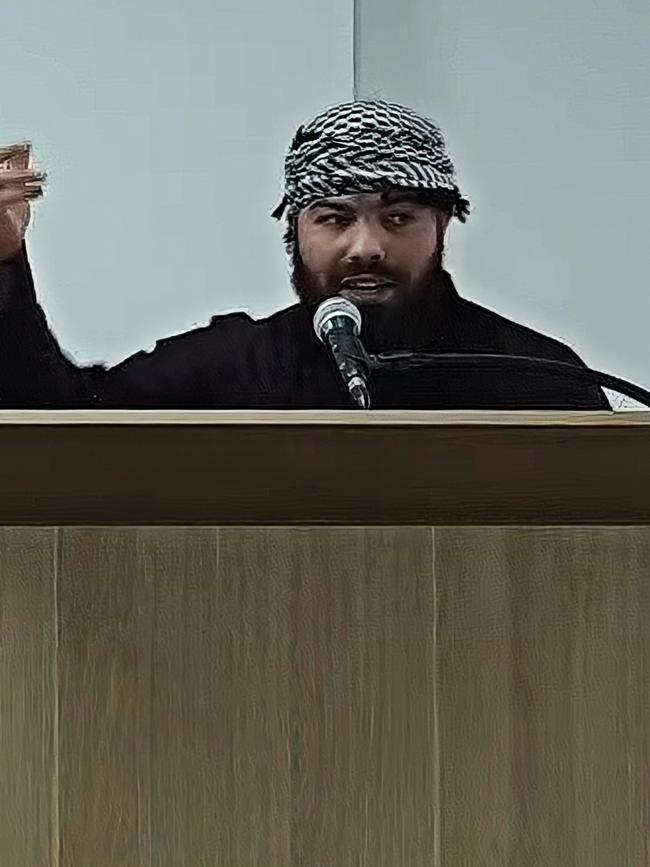
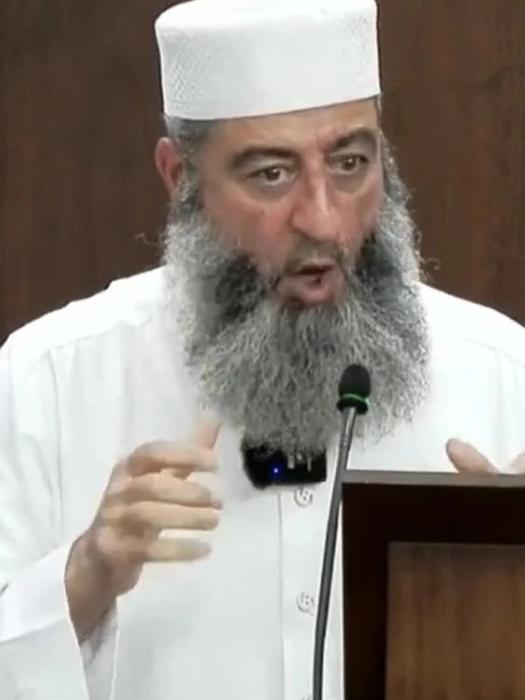
The legislation’s scope, however, is narrow and threshold high – it is understood that only specific calls for violence on a specific person, place or people would meet the criminality threshold.
The government also introduced religious vilification in NSW’s Anti-Discrimination Act, outlawing incitement of hatred and contempt on the basis of religion. That provision is civil and requires complainants to bring a case forward themselves.
The Australian has previously reported how – unlike WA’s criminal code – NSW didn’t have a lesser offence of inciting “contempt and hatred”, rather than just “violence”. Section 80.2 of the Commonwealth Criminal Code broadly makes advocating or promoting terrorism an offence.
However, similar to section 93z, the threshold is high and legal experts have told The Australian it is likely only breachable when there is a specific call to action, for a specific event, against a specific target.
In 2014, the then Prime Minister, Tony Abbott, dropped plans to remove “offend” and “insult” from section 18C of the Racial Discrimination Act. Mr Abbott said he had made a “leadership call” to drop the proposal after it drew criticism from ethnic community leaders.
A push by Liberal backbenchers in 2016 to resurrect the 18C reforms – and also remove “intimidate” as an offence – were voted down in the Senate in 2017.


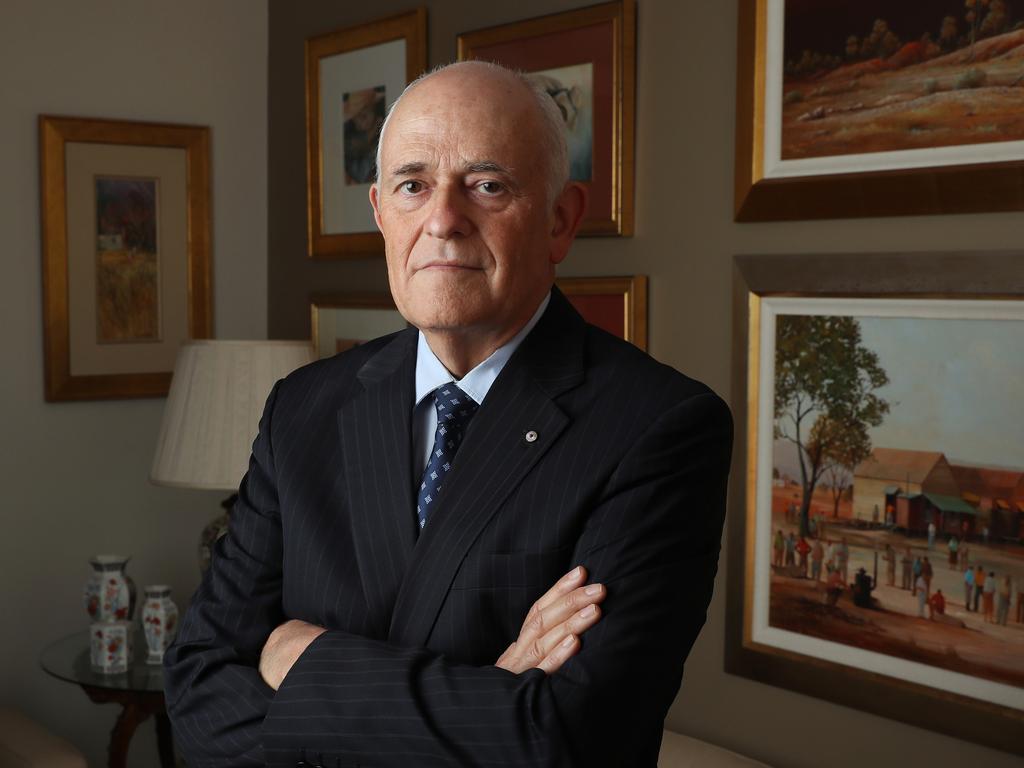

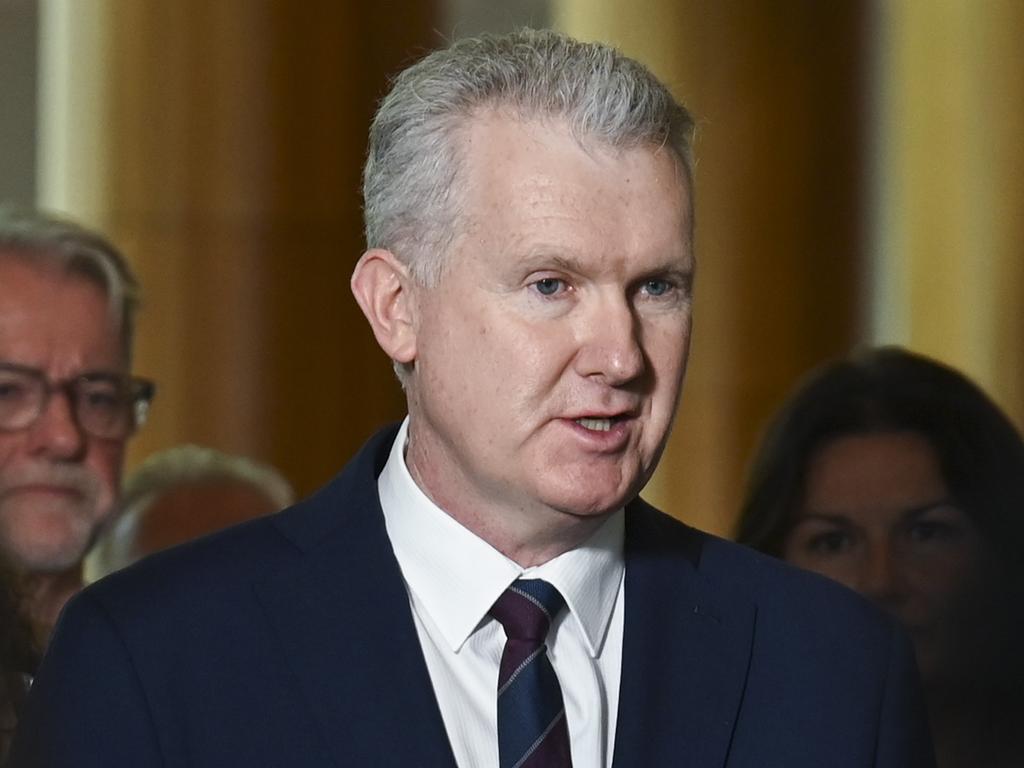



To join the conversation, please log in. Don't have an account? Register
Join the conversation, you are commenting as Logout